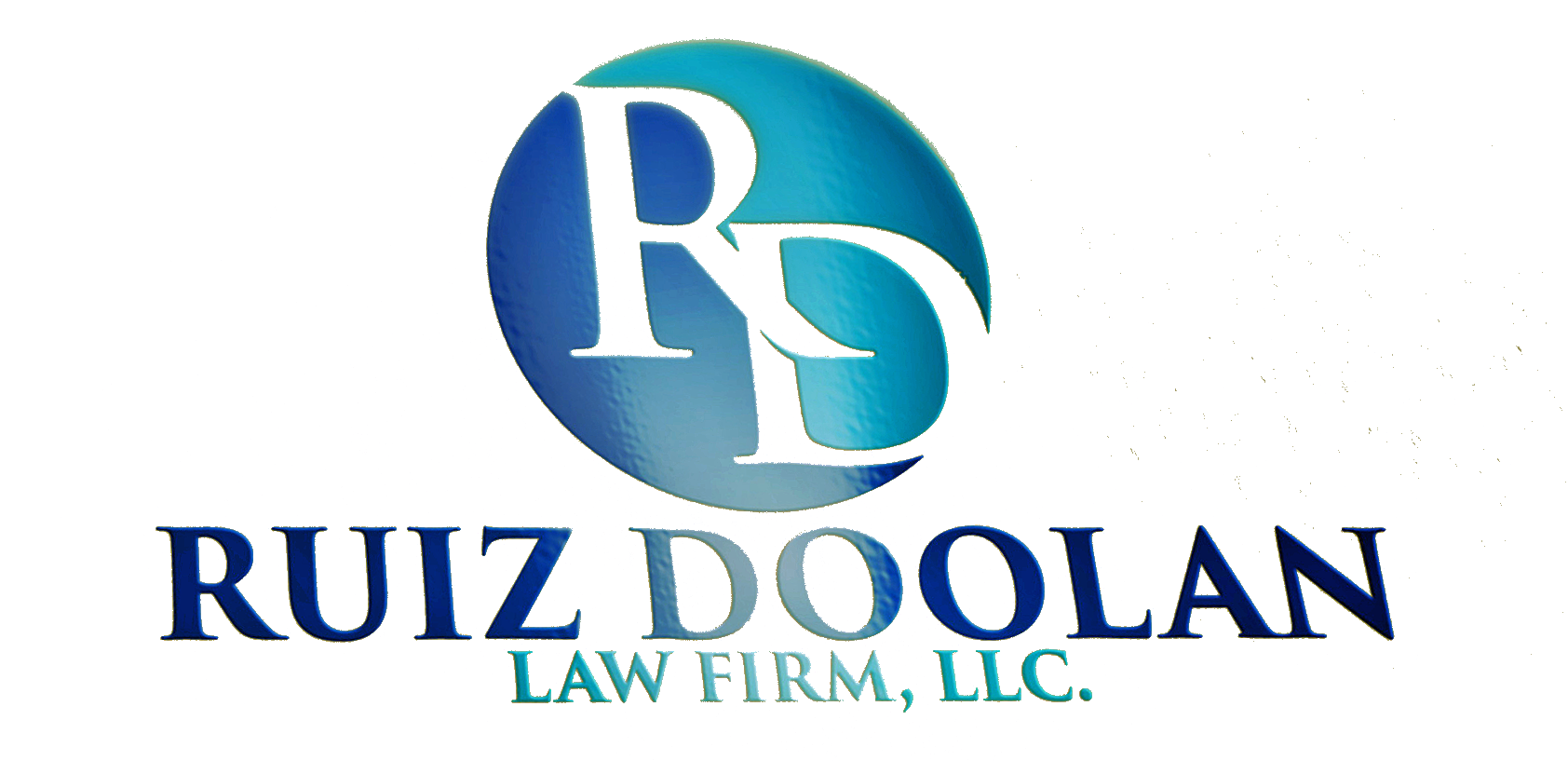New Jersey is an Equitable Distribution State. This means that marital assets will be divided in a manner that is considered fair but not necessarily equal for the parties. Below we have developed an outline to give a general overview on Equitable Distribution in New Jersey.
Equitable Distribution in New Jersey an Outline Overview.
- Subject to Equitable Distribution
- Assets that are Acquired During the Marriage
- Assets acquired in contemplation of marriage
- Immune by Statute
- Premarital – except an increase in active assets value due to efforts of non-owner.
- Inheritances
- Gifts from third parties
- Specific Assets: Subject to Equitable Distribution
- Pensions and other retirement accounts that were acquired during the marriage.
- Real Estate as per I(a), (b).
- Automobiles, jewelry, inter-spousal gifts, house contents
- Stocks, bonds, etc.
- Insurance annuities and cash surrender value of life insurance policy
- Business and partnership interests
- Personal injury awards (medical expenses and lost wages only)
- Debts, obligations, tax liabilities
- Property not subject to Equitable Distribution
- Educational and professional degrees
- Assets immune by statute
- N.J.S.A. 2A:34-23.1: Determination of Equitable Distribution
- Marriage length.
- Age, the physical and emotional health of the parties.
- Income or property brought to the marriage by each party.
- Standard of living during the marriage.
- Existence of written agreements made by the parties
- Income and earning capacity of each party
- The contribution by each party to the education, training or earning power of the other.
- The contribution of each party to the acquisition, dissipation, preservation, depreciation or appreciation in the amount or value of the marital property
- The contribution of the party as a homemaker.
- Tax consequences of the proposed distribution to each party.
- The present value of the property.
- The need of a parent who has physical custody of a child to own or occupy the marital home.
- The debts and liabilities of the parties.
- The need for creation now, or in the future, of a trust fund to secure reasonably foreseeable medical or educational costs for a spouse or child.
- Other factors which the court may deem relevant.
For more information about equitable distribution matters in New Jersey please contact our office at (201) 880-5563, for an in person or virtual appointment with one of our attorneys.

